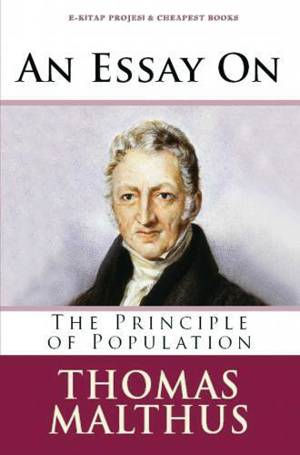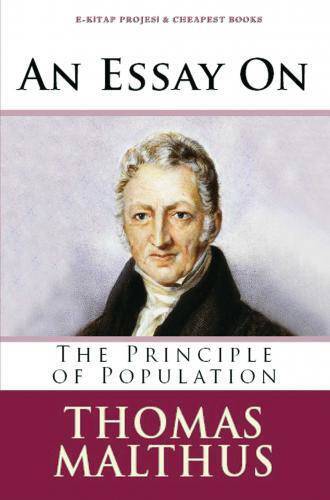
- Afhalen na 1 uur in een winkel met voorraad
- Gratis thuislevering in België vanaf € 30
- Ruim aanbod met 7 miljoen producten
- Afhalen na 1 uur in een winkel met voorraad
- Gratis thuislevering in België vanaf € 30
- Ruim aanbod met 7 miljoen producten
Zoeken
Omschrijving
The following Essay owes its origin to a conversation with a friend, on the subject of Mr Godwin's essay on avarice and profusion, in his Enquirer. The discussion started the general question of the future improvement of society, and the Author at first sat down with an intention of merely stating his thoughts to his friend, upon paper, in a clearer manner than he thought he could do in conversation. But as the subject opened upon him, some ideas occurred, which he did not recollect to have met with before; and as he conceived that every least light, on a topic so generally interesting, might be received with candour, he determined to put his thoughts in a form for publication.The Essay might, undoubtedly, have been rendered much more complete by a collection of a greater number of facts in elucidation of the general argument. But a long and almost total interruption from very particular business, joined to a desire (perhaps imprudent) of not delaying the publication much beyond the time that he originally proposed, prevented the Author from giving to the subject an undivided attention. He presumes, however, that the facts which he has adduced will be found to form no inconside
Specificaties
Betrokkenen
- Auteur(s):
- Uitgeverij:
Inhoud
- Aantal bladzijden:
- 172
- Taal:
- Engels
Eigenschappen
- Productcode (EAN):
- 9786256629615
- Uitvoering:
- Paperback
- Afmetingen:
- 155 mm x 10 mm
- Gewicht:
- 271 g

Alleen bij Standaard Boekhandel
+ 39 punten op je klantenkaart van Standaard Boekhandel
Beoordelingen
We publiceren alleen reviews die voldoen aan de voorwaarden voor reviews. Bekijk onze voorwaarden voor reviews.











